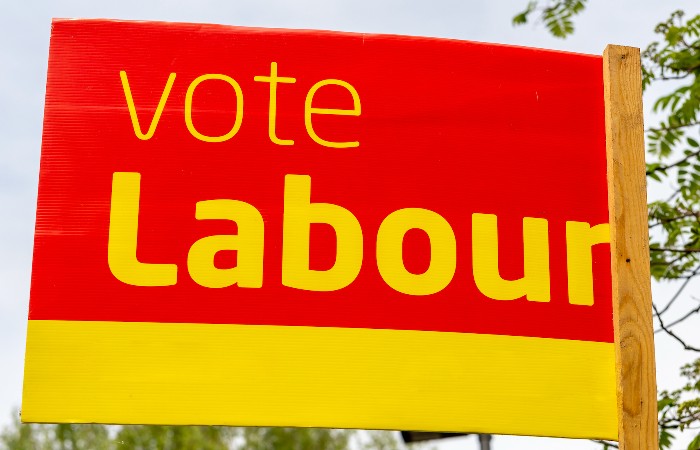Profession news

Labour win sparks optimism but pharmacy talks not expected for weeks
In Profession news
Bookmark
Record learning outcomes
Labour’s landslide election victory last night generated optimism among pharmacy bodies that community pharmacy will be better supported to play an integral role in the NHS, although Community Pharmacy England chief executive Janet Morrison said it will be weeks before Keir Starmer’s government is ready to start contractual negotiations.
As Labour celebrate a return to power for the first time in 14 years, community pharmacy eagerly waits for talks on the 2024-25 community pharmacy contractual framework, which was interrupted by the general election, to be completed.
Attention will then turn to talks on a deal beyond that but Morrison said it was “critical” that terms for 2024-25 are finalised as soon as possible to “assure the future for community pharmacies and the safe supply of medicines to patients.”
“Building on the work we have already done with the Labour health team, which has led to important manifesto commitments and a recognition of the pressures on community pharmacy, we are seeking very early meetings with new ministers on this topic,” she said.
“However, even in a best-case scenario, we expect it to take some weeks before they are ready to commence formal negotiations with us. This is always the case with a new administration who will need briefings from civil servants and time to form their own views.”
In the run-up to the election, Labour said it would establish a community pharmacist prescribing service and support small businesses with a raft of measures, including replacing the business rates system with one “that will level the playing field between the high street and online giants” and cutting energy bills.
Morrison also insisted CPE will soon contact newly elected MPs across all parties and provide LPCs with “resources and guidance” to help them and pharmacy owners “write to their own MPs and to arrange pharmacy visits.”
“This is all important work to build advocates across the new Parliament, supporting our work at national level,” she said, cautioning that Labour’s pledge to expand the role of pharmacy teams will only be fulfilled “if pharmacies are sustainable.”
RPS: Sustainable funding needed if pharmacists are to do more
Royal Pharmaceutical Society president Claire Anderson she was looking forward to working with the new government on making “best use of pharmacists’ skills to benefit patients, including through the growing number of pharmacist prescribers.”
However, she also warned that if pharmacists are being asked to do more, they must be supported “by sustainable funding.”
Urging Labour to implement the health select committee’s recommendations following its inquiry into pharmacy, Anderson said: “Pharmacists will be central to reducing health inequalities, managing the growing cost of long-term conditions, and delivering best value from medicines for patients and the NHS.”
NPA: We are ‘excited’ to work with Labour government
National Pharmacy Association chief executive Paul Rees said he was “excited” to work with Labour, specifically Wes Streeting who looks like becoming health secretary, to highlight how “a properly funded pharmacy network can cut GP and hospital waiting times and dramatically improve the nation’s health.”
“We have left the Labour team in no doubt that pharmacies are suffering from a decade of cuts,” Rees said. “Every time we have met Wes Streeting – in all likelihood the next Health Secretary – he has spoken warmly about community pharmacies and last week he backed the NPA’s national day of action against pharmacy underfunding, saying that pharmacists across England have been ‘driven to desperation.’”
Rees, who insisted the NPA will press Labour to stop pharmacy closures and address medicines shortages, added: “We have met Labour’s health team repeatedly to ensure they appreciate the true value of our amazing community pharmacies and share our vision for an expanding clinical role for community pharmacy that cuts GP waiting times and revolutionises primary care.”
Numark: Pharmacies are not just there to reduce pressure on GPs
Numark chairman Harry McQuillan also urged Labour to underpin its vision of a community pharmacist prescribing service and expansion of their roles with strong funding.
However, he urged Labour not to treat that service and Pharmacy First as merely “tools for reducing GP workload.” That, he said, risked “policies that underfund or underutilise pharmacies.”
“Recognising our full value means ensuring we are adequately supported and integrated into the healthcare system. This includes expanding the range of services we can provide, ensuring we have the resources needed to deliver high-quality care, and essentially, remunerating us appropriately,” McQuillan said.
“I need the Labour Government to recognise this and I will actively seek opportunities to engage with policymakers to leverage the network’s position.”

